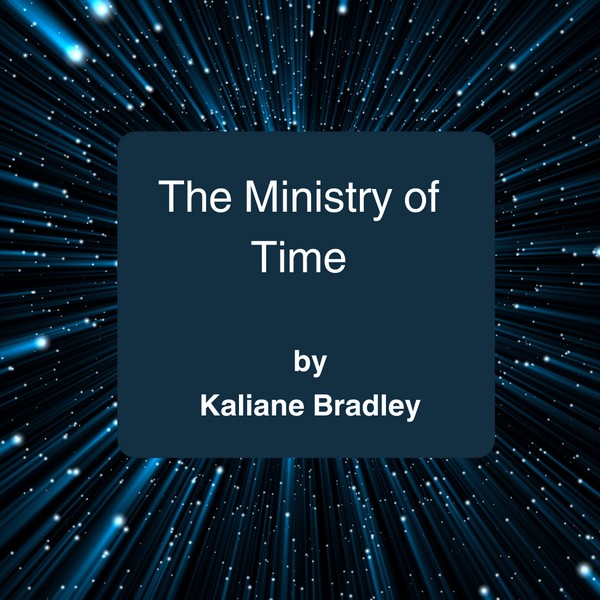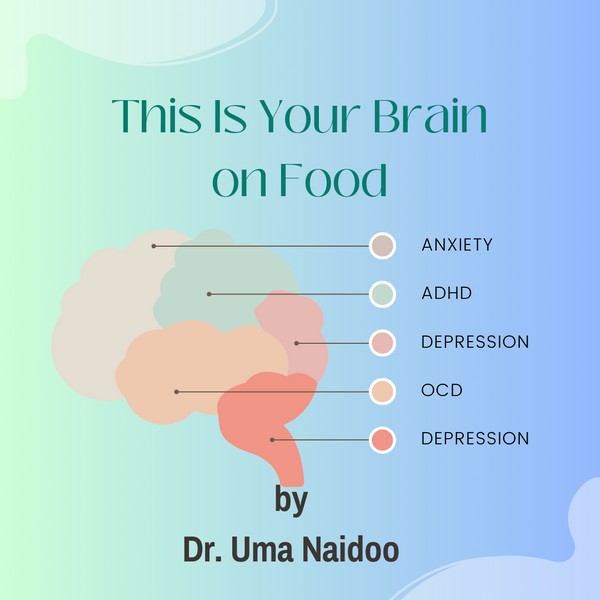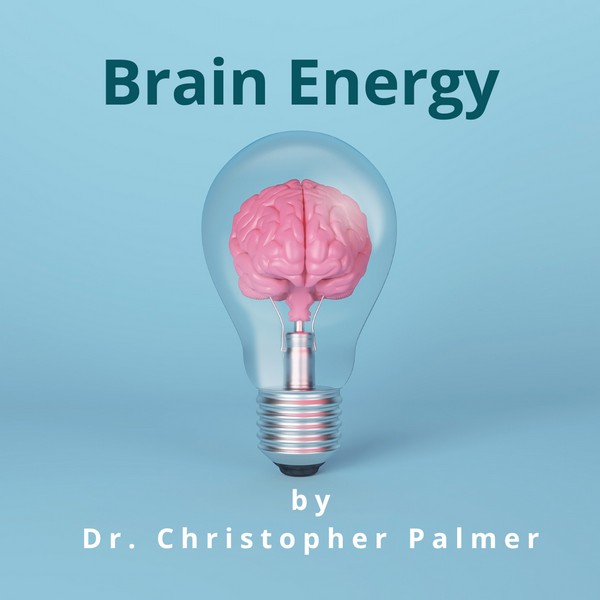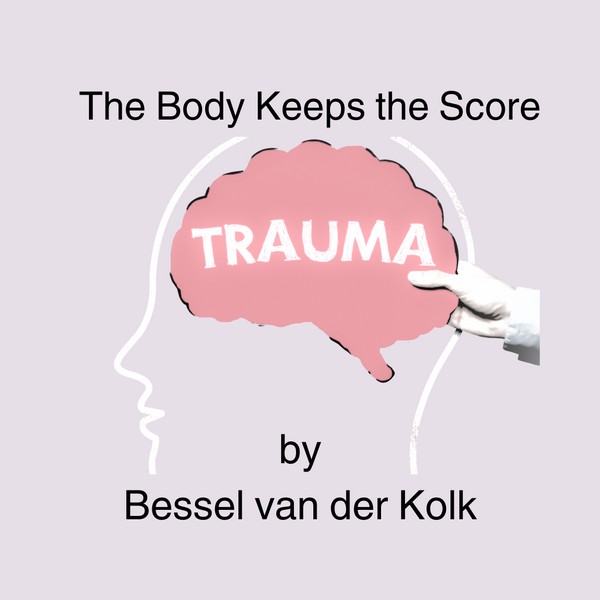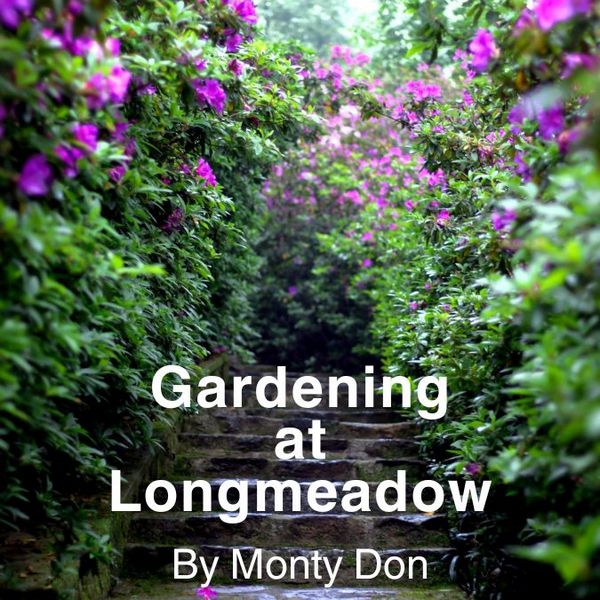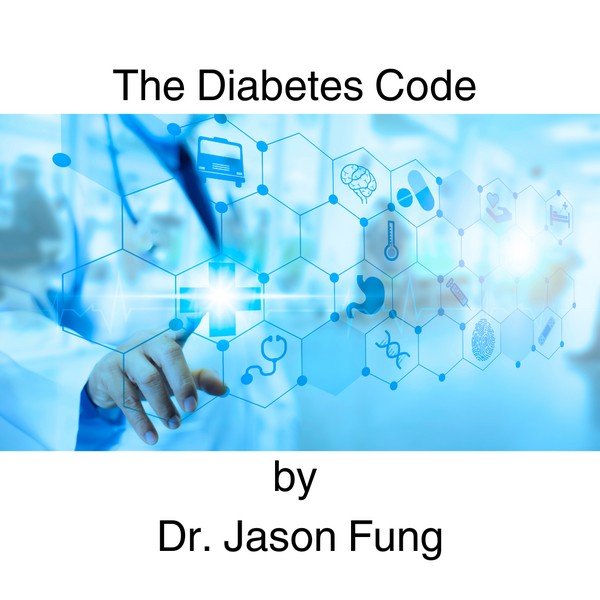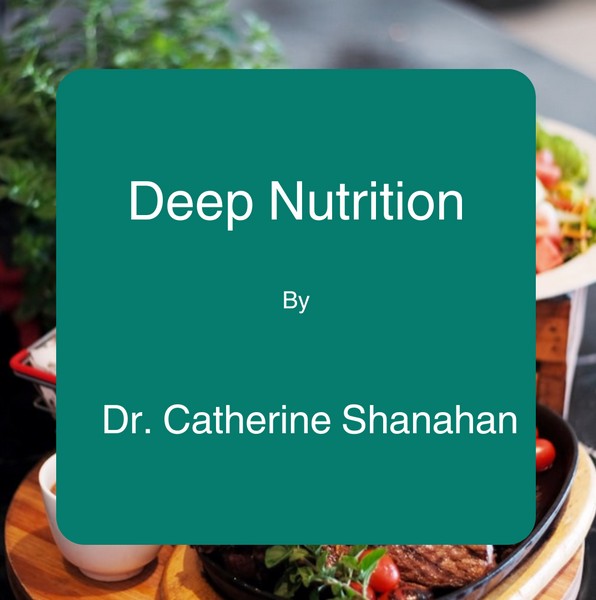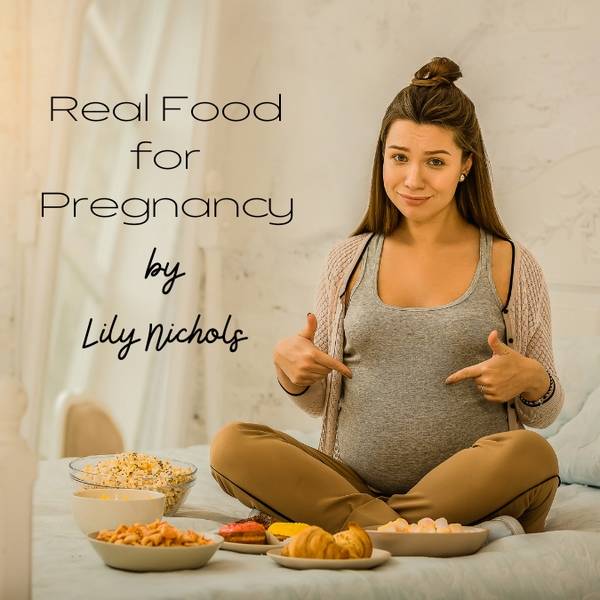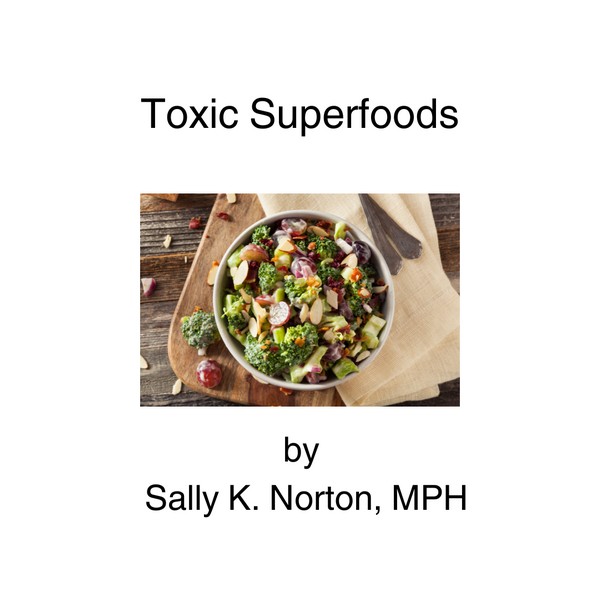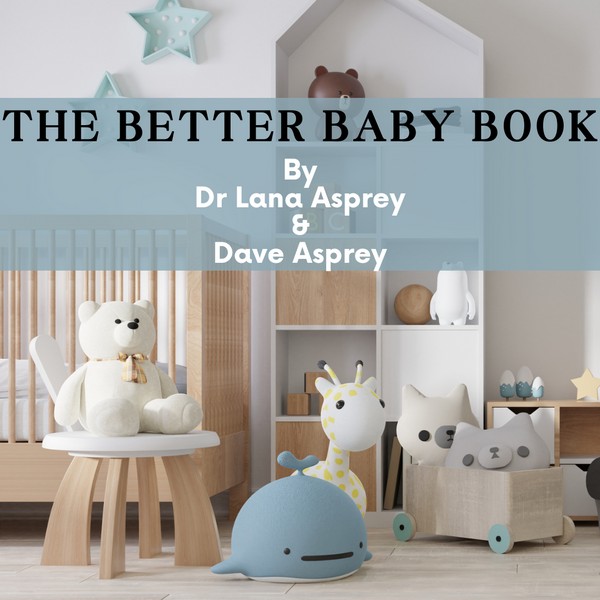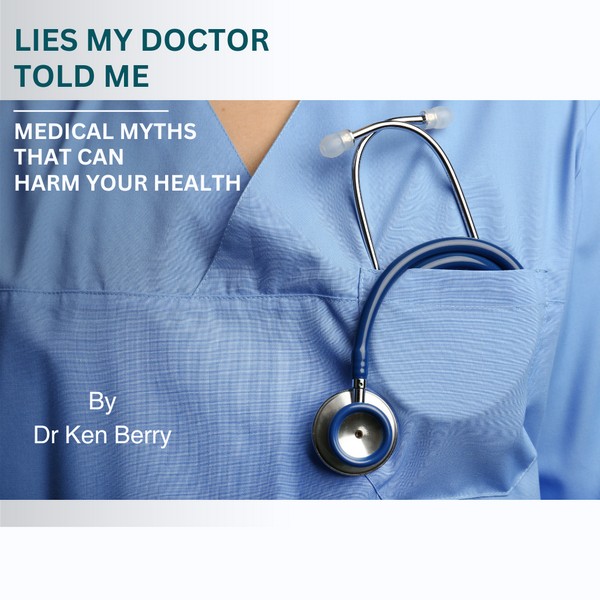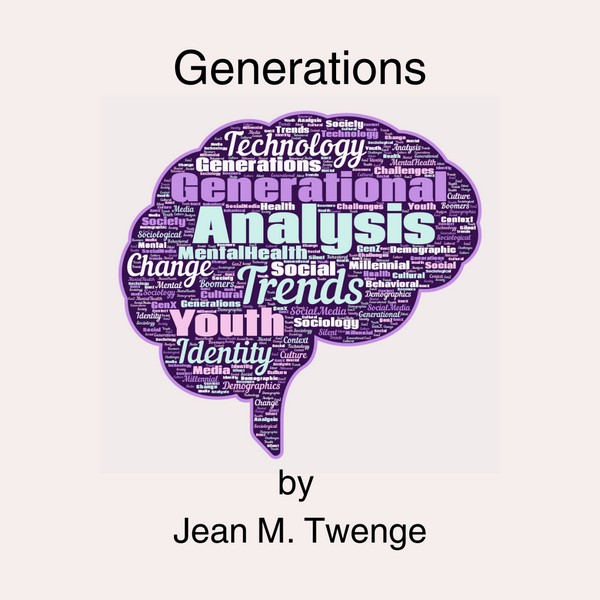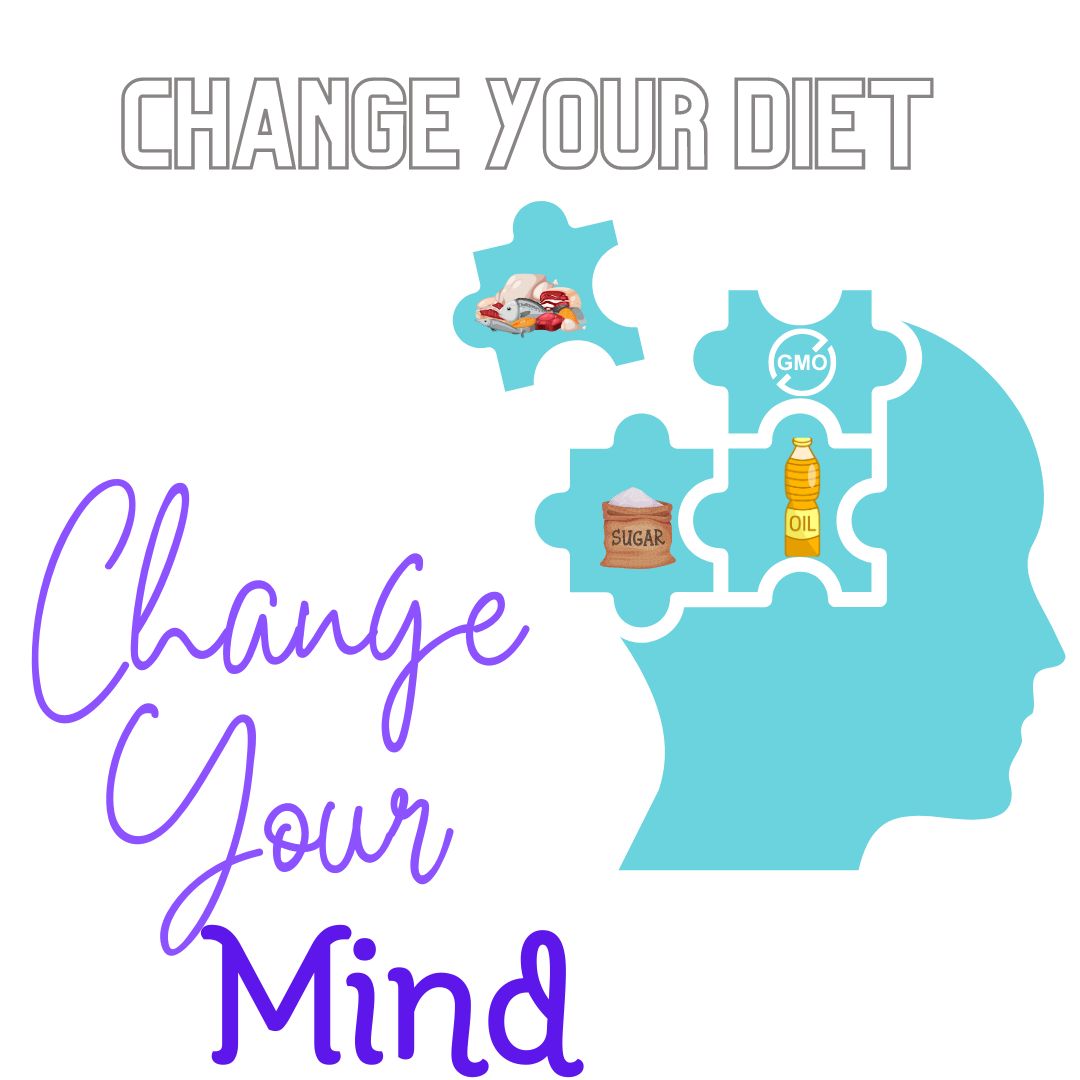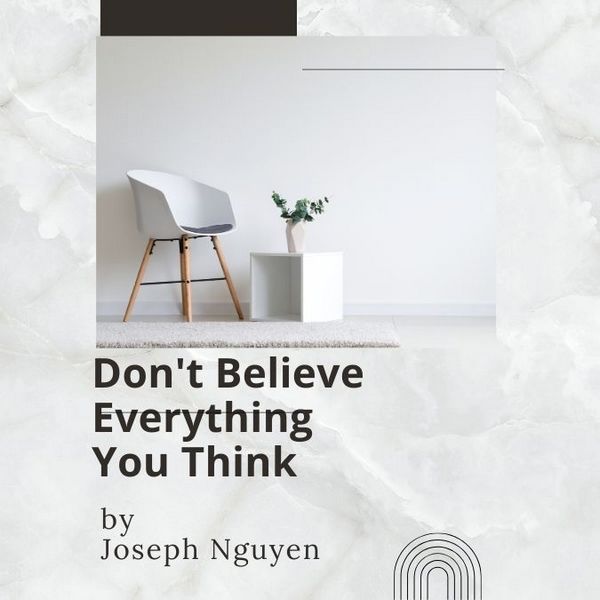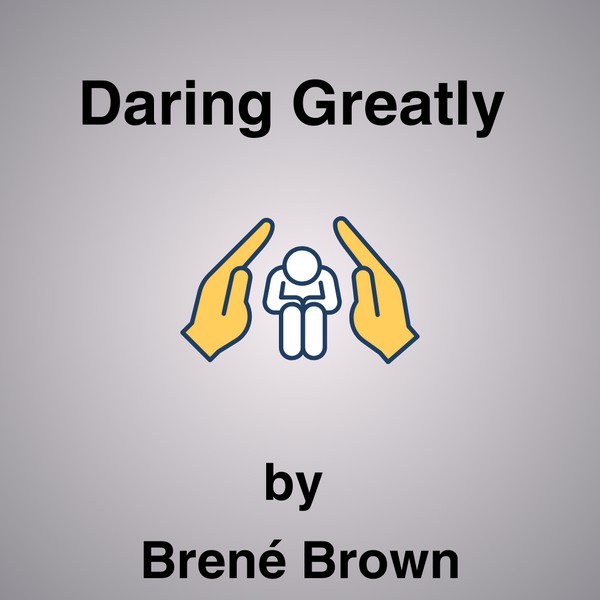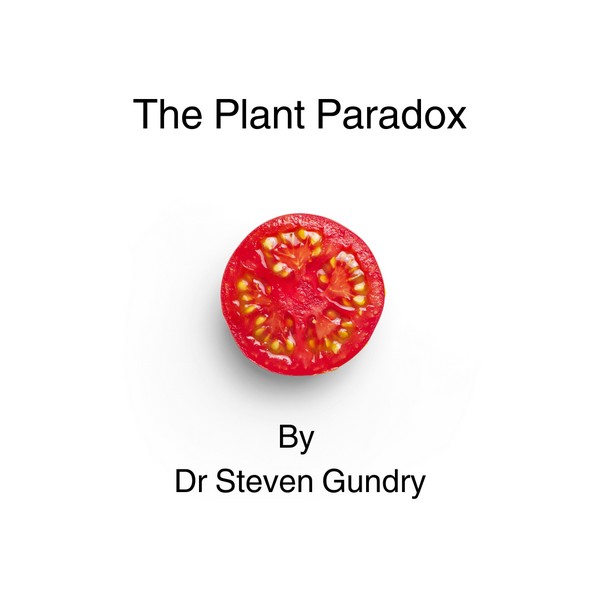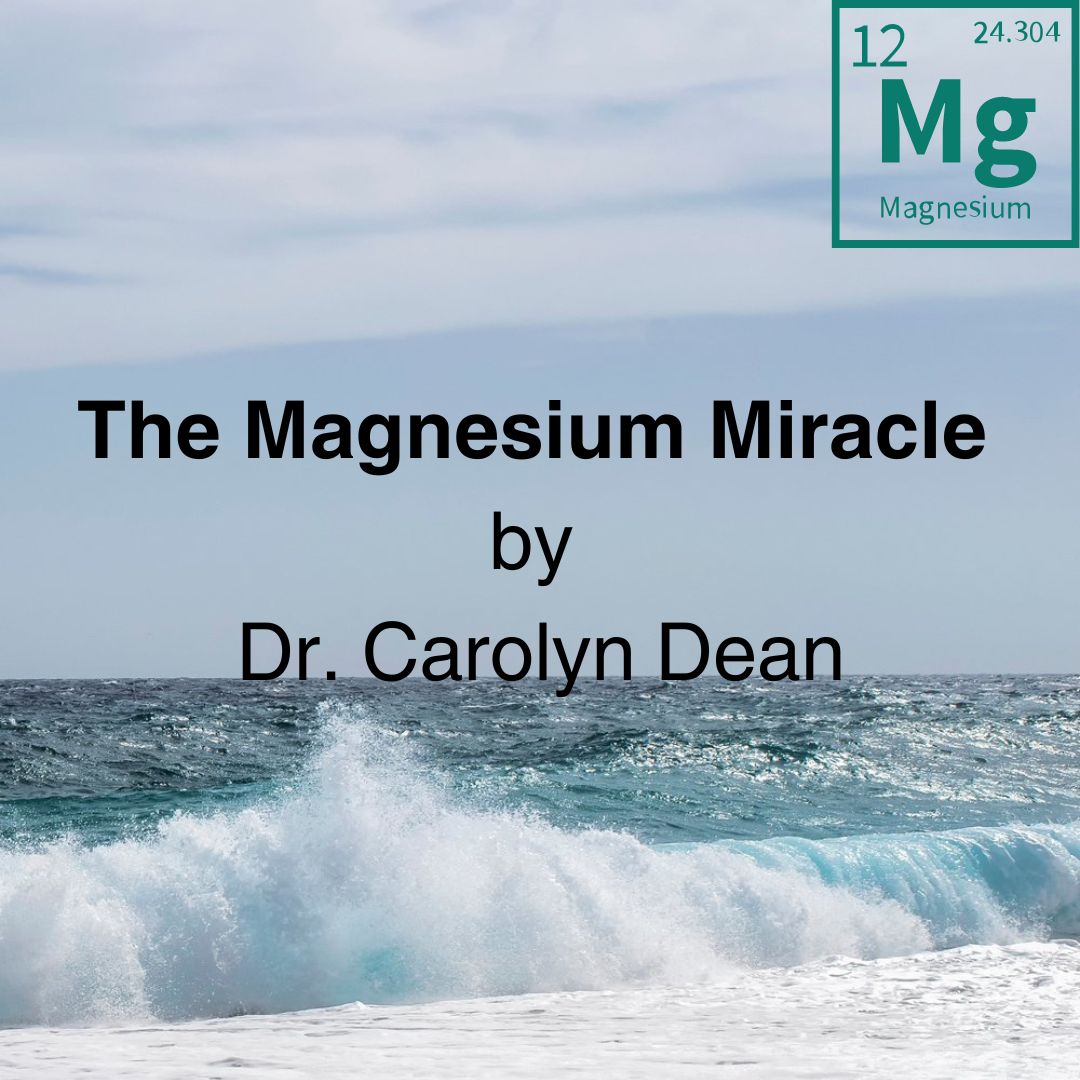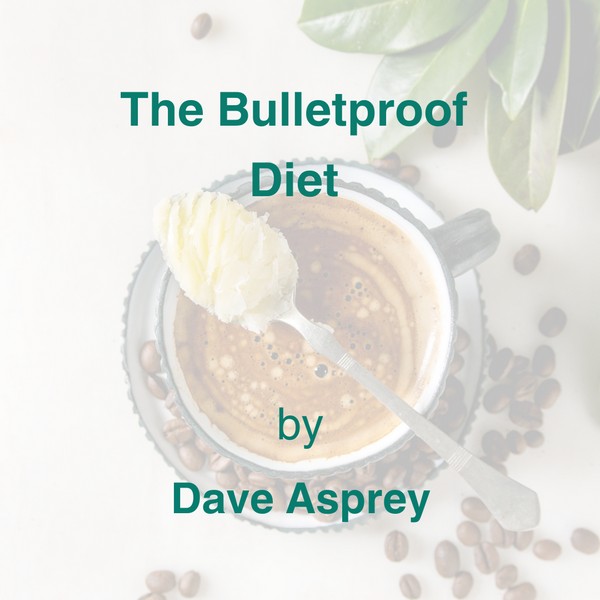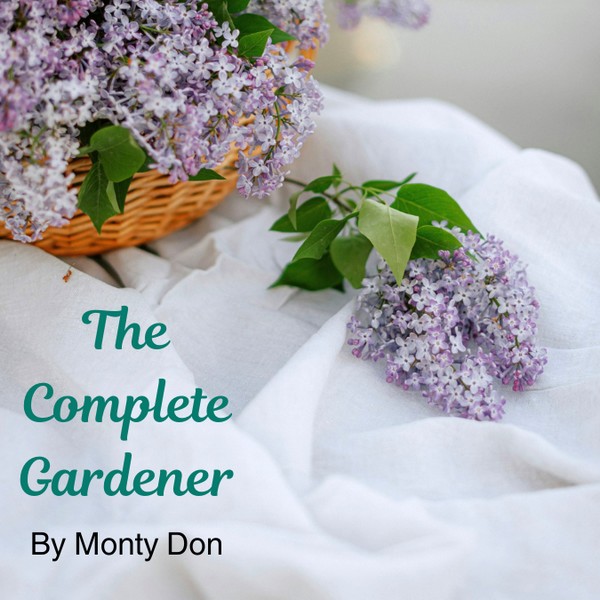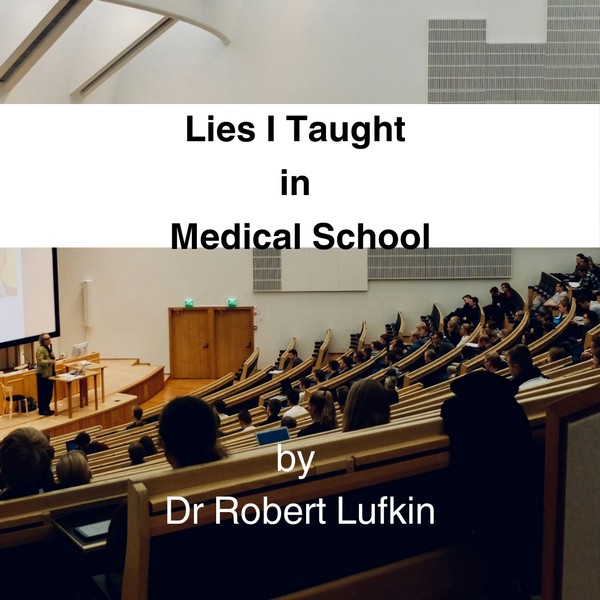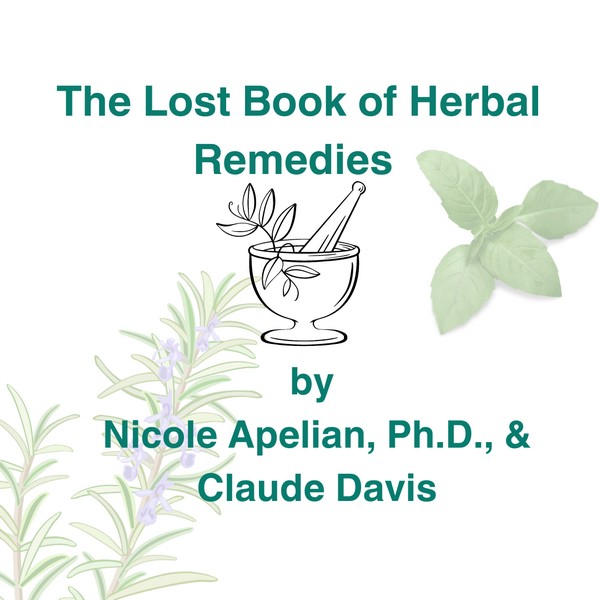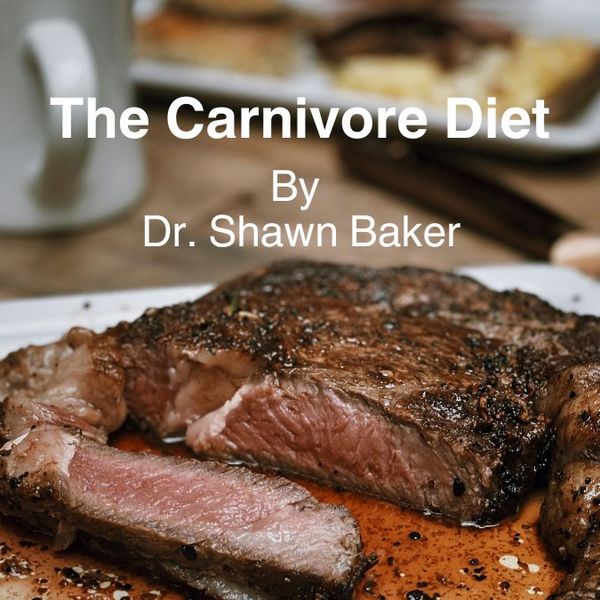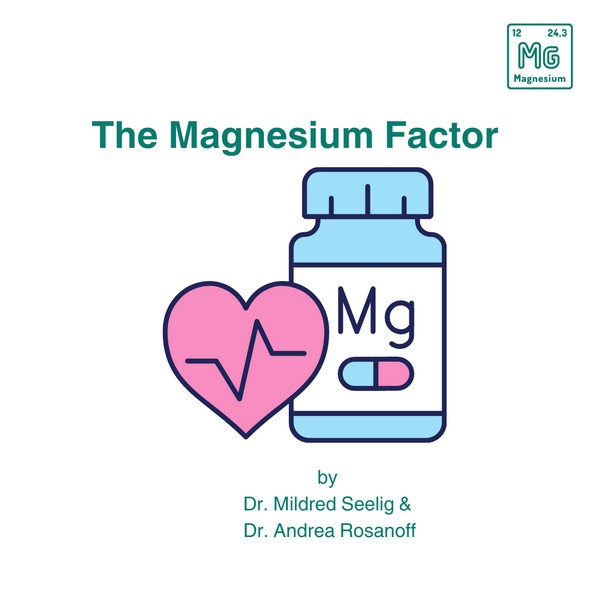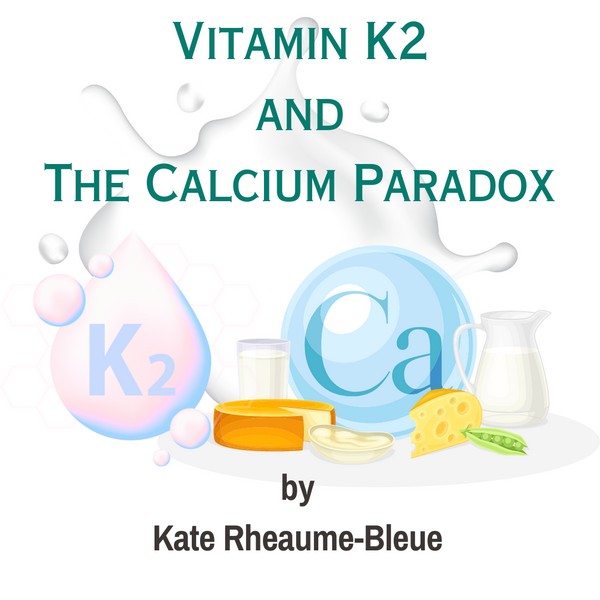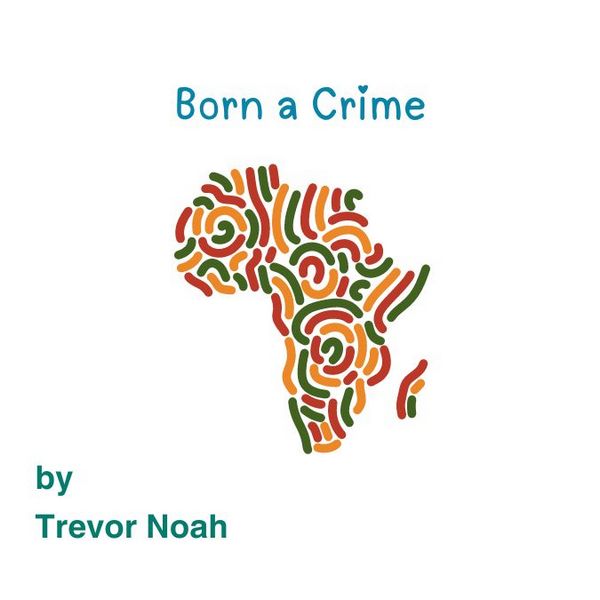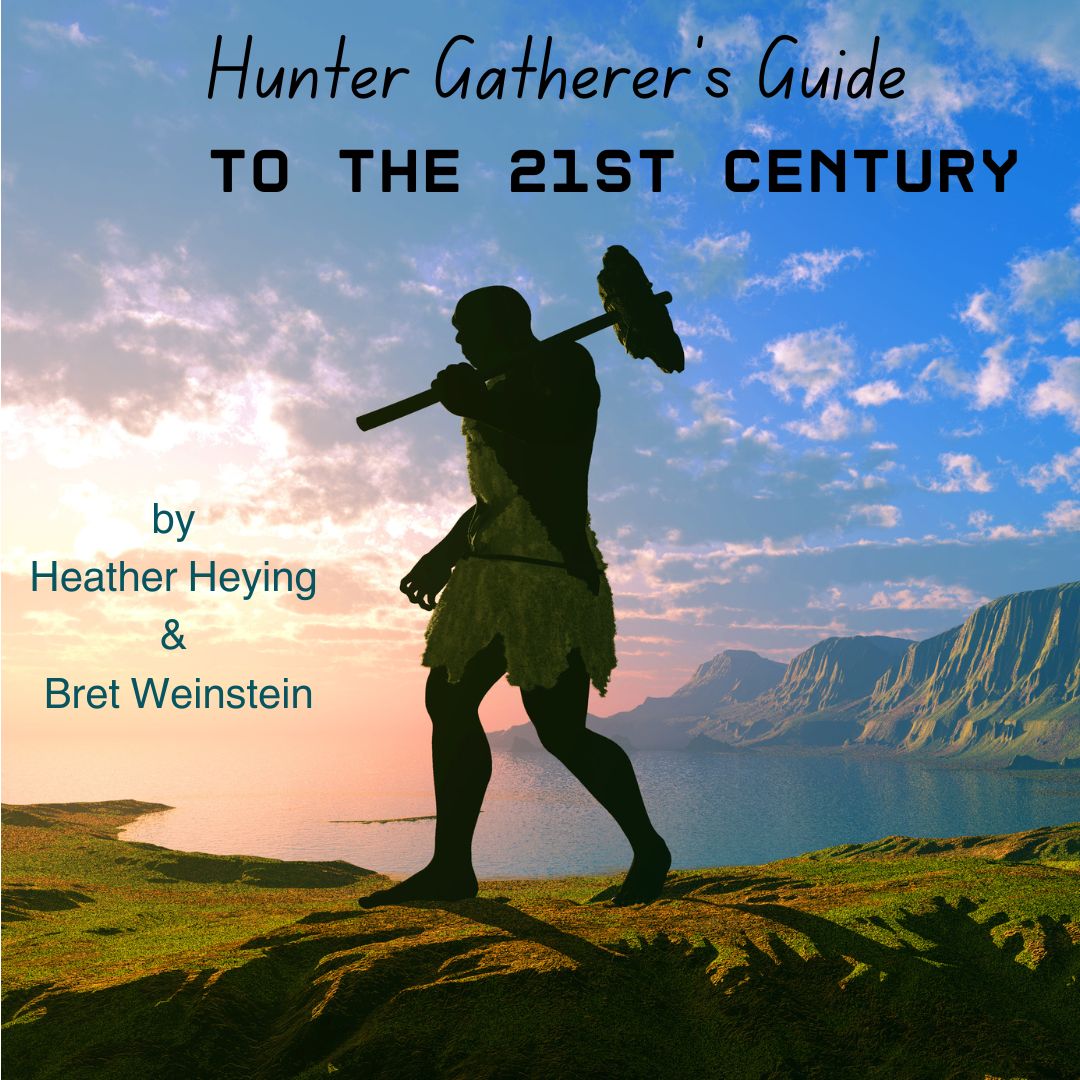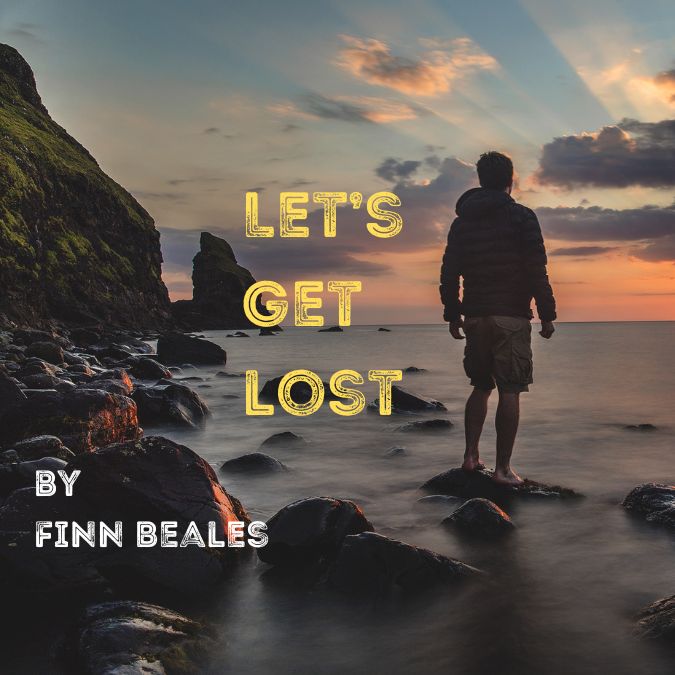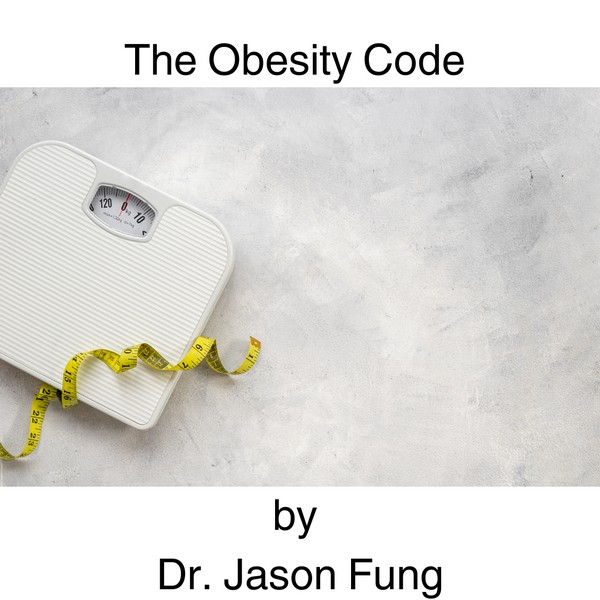Key Takeaways
- Resilience: David Goggins demonstrates how overcoming adversity builds strength.
- Accountability Mirror: Encourages daily self-reflection for personal growth.
- 40% Rule: Advocates pushing beyond perceived limits for greater achievements.
- Value of Suffering: Emphasizes growth through enduring hardship.
- Mindset: Highlights mental training as key to success.
Discovering the Power Within – ‘Can’t Hurt Me’ by David Goggins
When it comes to stories of transformation and tenacity, “Can’t Hurt Me: Master Your Mind and Defy the Odds” by David Goggins stands as a beacon of raw, unfiltered resilience.
Published in 2018, this autobiography transcends the conventional memoir genre, diving deep into the life of a man who sculpted himself from a struggling individual into an emblem of superhuman endurance and mental fortitude.
“Can’t Hurt Me” isn’t just a book; it’s a challenge to its readers. Goggins invites us into his world of relentless pursuit, where the only limits that exist are the ones we place on ourselves.
Through this book, Goggins doesn’t just share his story; he offers a template for overcoming the odds, making “Can’t Hurt Me” a powerful manifesto on the human potential for resilience and transformation.

Book Summary: The Journey of Overcoming Odds
“Can’t Hurt Me: Master Your Mind and Defy the Odds” is a gripping autobiographical account that chronicles the extraordinary life of David Goggins. The book unfolds the relentless journey of a man who, faced with insurmountable odds, chooses to forge an indomitable spirit.
From his early years marked by poverty, prejudice, and physical abuse to achieving astonishing feats of physical endurance and mental toughness, Goggins’s story is a testament to the power of the human spirit.
The book is structured around several key themes: resilience, self-discipline, the power of mental fortitude, and the belief that limits are self-imposed.
Goggins introduces readers to the concept of the “Accountability Mirror,” urging them to confront their fears and flaws head-on. Another pivotal theme is the “40% Rule,” a principle suggesting that most people only tap into 40% of their capabilities.
Goggins challenges this notion by pushing himself to the limits—whether it’s completing over 60 ultra-marathons, triathlons, and ultra-triathlons, or breaking the Guinness World Record for pull-ups.
In this narrative, Goggins himself is the central figure, serving not only as the protagonist but also as an embodiment of the book’s core philosophies. His transformation from a victim of his circumstances to a warrior in control of his destiny is both inspiring and instructive.
Through his journey, readers witness the evolution of Goggins’s mindset—from battling the demons of his past to confronting and conquering the physical and psychological challenges he sets for himself.
“Can’t Hurt Me” delves deep into the psyche of Goggins, revealing his vulnerabilities, fears, and the inner strength he cultivates to overcome them.
His candid recounting of failures and setbacks illustrates the importance of perseverance, while his triumphs serve as a beacon of hope for anyone struggling to overcome their own limitations.
Goggins’s interactions with figures such as his abusive father, his supportive mother, and various military colleagues are poignant, highlighting the significant impact of relationships on personal growth. Yet, it is Goggins’s relationship with himself that is most compelling.
Through self-reflection, brutal honesty, and an unwavering commitment to self-improvement, he demonstrates how one can transform pain into power, making “Can’t Hurt Me” a powerful narrative of redemption, self-discovery, and the relentless pursuit of greatness.
Critical Analysis: The Grit and Truth Behind ‘Can’t Hurt Me’
“Can’t Hurt Me: Master Your Mind and Defy the Odds” by David Goggins is a powerful, raw, and transformative narrative that stands out for its honesty, intensity, and the profound lessons it imparts.
Its strengths lie not just in the remarkable story it tells but in the manner of its telling, the structure that enhances its impact, and the universal themes it explores.
Strengths
Writing Style and Structure: Goggins’s writing style is direct, unfiltered, and brutally honest. This straightforward approach pulls no punches, creating an immediate and intimate connection with the reader.
The book cleverly intersperses narrative chapters with “Challenges” that translate Goggins’s experiences into actionable lessons for the reader. This structure not only maintains engagement but also facilitates a dynamic reading experience, making the reader an active participant in their own journey of self-improvement.
Engagement Factor: Goggins’s story is inherently engaging. His life, filled with extreme challenges and his pursuit of pushing beyond limits, is captivating. The narrative pace is relentless, mirroring Goggins’s own drive and determination.
This ensures that readers are hooked, not just by the allure of his achievements but by the depth of his struggle and the authenticity of his voice.
Character Development: While “Can’t Hurt Me” is a non-fiction work, Goggins’s character arc is a critical element of its success. His evolution from a victim of circumstance to a master of his fate is compelling and richly detailed, offering readers not just a character to root for but a model to emulate.
Weaknesses
Accessibility to Diverse Audiences: Goggins’s approach, while inspiring, may not resonate with everyone. His method of overcoming obstacles through sheer willpower and physical exertion could be perceived as too extreme or unattainable for some readers.
Furthermore, the intense focus on self-discipline might overshadow other valid paths to personal growth and healing, potentially alienating those who may benefit from a more balanced approach.
Depth of Practical Guidance: While the book is motivational, some readers may seek more in-depth, practical advice on applying Goggins’s principles to everyday challenges.
The “Challenges” provide a framework, but the specifics of navigating more common or less extreme obstacles are less explored.
“We can’t control all the variables in our lives. It’s about what we do with opportunities revoked or presented to us that determine how a story ends.”
— Business Blurb™ (@BusinessBlurbUS) April 30, 2024
— David Goggins pic.twitter.com/rqfMchcaKx
Comparison
Goggins’s work is often compared to other motivational and self-help books that focus on resilience, such as “The Resilience Factor” by Karen Reivich and Andrew Shatté, or “Grit” by Angela Duckworth.
Unlike these works, which are grounded in psychological research and offer a broad spectrum of strategies for building resilience, “Can’t Hurt Me” is more a personal manifesto, offering insights through the prism of Goggins’s unique experiences.
This gives it a raw intensity and authenticity that academic texts often lack, but it also means it might not serve as a comprehensive guide on the subject.
Themes and Insights
The book’s central themes revolve around resilience, the power of the mind, and the limitless potential of the human spirit. Goggins’s life serves as a canvas to explore these themes, offering insights into the nature of suffering, the importance of facing one’s fears, and the transformative power of self-discipline and hard work.
The “40% Rule,” a cornerstone of Goggins’s philosophy, challenges the widely held belief in inherent limitations, proposing instead that most people have untapped reservoirs of potential.
This insight is not just motivational; it’s revolutionary, suggesting that the barriers to achievement are largely self-imposed and can be overcome with the right mindset.
The relevance and impact of these themes are profound, particularly in a society that often seeks external solutions to internal problems. Goggins’s story is a clarion call to look inward for strength and to confront personal demons as a path to liberation and fulfillment.
Impact: How ‘Can’t Hurt Me’ Changes Your Perspective
Reading “Can’t Hurt Me” is like receiving a wake-up call for the soul. David Goggins’s relentless pursuit of his limits and his refusal to be defined by his circumstances resonates deeply. His story underscored a truth often forgotten: the barriers to our growth are largely of our own making.
Goggins’s journey, marked by raw vulnerability and staggering resilience, forces you to confront your own excuses and complacencies. His unyielding commitment to pushing beyond comfort zones inspires you to adopt a more disciplined, fearless approach to your personal and professional challenges.
This book speaks to a broad audience, but it will particularly resonate with those feeling stuck or those who believe they are victims of their circumstances.
Athletes, entrepreneurs, and anyone facing significant personal obstacles will find Goggins’s story and insights a powerful source of motivation.
However, its appeal extends beyond those looking for an adrenaline shot of inspiration. It’s for anyone curious about the extents of human potential and the transformative power of mental fortitude.
About the Author

David Goggins, born in 1975, is a testament to human potential, embodying the essence of resilience, endurance, and mental strength. His journey from a troubled childhood marred by poverty and abuse to becoming a celebrated ultra-endurance athlete and retired Navy SEAL is nothing short of extraordinary.
Goggins’s military career, which includes serving in Iraq, set the stage for his later achievements in endurance sports and as a motivational speaker.
Before “Can’t Hurt Me,” Goggins was known in the public sphere for his physical feats, such as breaking the world record for the most pull-ups done in 24 hours—a story of grit that hinted at the depth of his mental resilience.
Goggins’s influence extends beyond athletics and the military; he has carved a niche within the self-help and motivational genre, inspiring people to push beyond their perceived limitations.
His direct, no-excuses approach to personal development and overcoming hardships has garnered a global following, making him a prominent voice for those seeking to break free from their constraints and achieve extraordinary goals.
“Can’t Hurt Me” is not just an extension of his public persona but a deep dive into the philosophy of living life beyond the comfort zone, making Goggins a pivotal figure in discussions about mental and physical endurance.
Whether you’re seeking to overcome physical, mental, or emotional hurdles, “Can’t Hurt Me” offers a compelling narrative that demonstrates the power of the human spirit to overcome.
It’s a vivid reminder that we are capable of far more than we give ourselves credit for, pushing readers to embark on their journey of self-improvement with a new mindset.
Pick up your copy at Amazon
Conclusion
“Can’t Hurt Me” is a remarkable book that succeeds in inspiring and challenging its readers in equal measure. Its strengths far outweigh its weaknesses, offering a potent mix of personal narrative and universal truths. While it may not cater to every reader’s taste or need, its core message is undeniably powerful: that within each person lies an untapped wellspring of potential, waiting to be unleashed. Goggins’s journey is a testament to what is possible when the mind is mastered, and the odds are defied, making “Can’t Hurt Me” a must-read for those on the path to self-discovery and personal excellence.
FAQs
Is ‘Can’t Hurt Me’ by David Goggins worth reading? Absolutely. If you’re seeking a story that offers not just inspiration but also practical advice on overcoming personal limitations, David Goggins’s ‘Can’t Hurt Me’ is a powerful read. It’s especially impactful for those looking to push their boundaries and understand the depth of human resilience.
What are the main themes in ‘Can’t Hurt Me’? The main themes of ‘Can’t Hurt Me’ include resilience, mental toughness, self-discipline, overcoming adversity, and the belief in human potential. David Goggins’s life story is a testament to the idea that we can all push far beyond the limits we set for ourselves, showcasing the transformative power of grit and determination.
The Ministry of Time by Kaliane Bradley
Key Takeaways The Ministry of Time blends time travel romance, spy thriller, and workplace comedy. Explores themes of power, love, and historical defiance. Features a…
This Is Your Brain on Food by Dr. Uma Naidoo
Key Takeaways Links diet to mental health conditions. Provides nutritional advice for anxiety and depression. Discusses gut-brain connection. Offers recipes for mental wellness. Encourages holistic…
Brain Energy by Dr. Christopher Palmer
Key Takeaways Connects mental health with metabolic health. Proposes ketogenic diet for brain disorders. Discusses energy production’s role in mental health. Challenges traditional psychiatric approaches….
The Body Keeps the Score by Dr. Bessel van der Kolk
Key Takeaways Explores trauma’s impact on the body and mind. Advocates for integrating neuroscience with therapy. Highlights non-traditional healing methods like yoga. Stresses importance of…
Gardening at Longmeadow by Monty Don
Key Takeaways Emphasizes organic, seasonal gardening techniques. Offers practical advice for different garden sizes. Rich in personal gardening anecdotes. Highlights importance of plant positioning. Focuses…
The Diabetes Code by Dr. Jason Fung
Deep Nutrition by Catherine Shanahan, M.D.
Key Takeaways Traditional diets positively influence genetic expression and overall health. Modern diets high in processed foods and vegetable oils negatively impact health. The Four…
Real Food for Pregnancy by Lily Nichols
Key Takeaways Evidence-Based Guidance: Challenges outdated prenatal nutrition with researched alternatives. Nutrient-Dense Foods: Stresses eating foods high in essential micronutrients for fetal development. Practical Meal…
Toxic Superfoods by Sally K. Norton
Key Takeaways Understanding Oxalates: Sources: Found in many plant foods, including spinach, almonds, and sweet potatoes. Health Impact: High oxalate intake can lead to kidney…
The Better Baby Book by Dr. Lana Asprey and Dave Asprey
Key Takeaways Focuses on optimal prenatal and early childhood health. Offers dietary recommendations for expecting mothers. Discusses environmental impacts on fetal development. Stresses importance of…
Lies My Doctor Told Me by Dr. Ken Berry
Key Takeaways Exposes common health myths. Offers evidence against outdated medical advice. Advocates for low-carb, high-fat diets. Encourages critical examination of pharmaceutical influence. Stresses on…
Generations by Jean M. Twenge
Key Takeaways: Jean M. Twenge explores the unique characteristics of six American generations. Analyzes data from 39 million people to show the impact of technology…
Change Your Diet, Change Your Mind by Dr. Georgia Ede
In the compelling book Change Your Diet, Change Your Mind, Dr. Georgia Ede challenges conventional wisdom about diet and mental health. Drawing on her extensive…
Don’t Believe Everything You Think by Joseph Nguyen
Key Takeaways Challenges the validity of common cognitive distortions, prompting critical self-reflection. Offers practical strategies to build and enhance mental resilience in daily life. Encourages…
Daring Greatly by Brené Brown
Key Takeaways Power of Vulnerability: Emphasizes that vulnerability is not a weakness but a strength that fosters connection and creativity. Shame Resilience: Offers strategies to…
The Plant Paradox by Dr. Steven Gundry
Key Takeaways Lectins as Toxins: Lectins can cause inflammation and various health issues, Dr. Gundry argues. Gut Health: Maintaining gut health is linked to overall…
The Magnesium Miracle by Dr. Carolyn Dean
Key Takeaways Discusses magnesium’s critical role in health. Links magnesium deficiency to numerous diseases. Offers guidance on supplementation and diet. Examines overlooked symptoms of deficiency….
The Bulletproof Diet by Dave Asprey
The Bulletproof Diet is a nutrition and lifestyle book authored by Dave Asprey, the founder of the Bulletproof brand. This book outlines Asprey’s approach to…
The Complete Gardener by Monty Don
Key Takeaways Advocates for a no-dig gardening approach. Stresses on organic, self-sufficient methods. Covers both aesthetic and practical aspects. Provides tips for year-round garden care….
Lies I Taught in Medical School by Dr Robert Lufkin
Key Takeaways Metabolic dysfunction is a common cause of many chronic diseases. Conventional medical advice often overlooks the importance of metabolic health. Lifestyle changes, including…
Lost Book of Herbal Remedies by Nicole Apelian
Key Takeaways Details medicinal properties of common plants. Offers DIY instructions for natural remedies. Discusses plants for specific health issues. Encourages sustainable harvesting practices. Provides…
The Carnivore Diet by Dr. Shawn Baker
Key Takeaways Promotes all-meat diet for health. Argues for benefits on inflammation and autoimmune issues. Critiques conventional dietary guidelines. Discusses impacts on physical performance. Challenges…
The Magnesium Factor by Dr. Mildred Seelig & Dr. Andrea Rosanoff
Key Takeaways Explores magnesium’s role in cardiovascular health. Discusses interaction between magnesium and other minerals. Highlights symptoms of magnesium deficiency. Offers dietary advice for magnesium…
Vitamin K2 and The Calcium Paradox by Kate Rheaume-Bleue
Key Takeaways Explains Vitamin K2’s role in calcium distribution. Links deficiency to bone and heart disease. Stresses synergy between Vitamin K2 and D3. Offers food…
Born a Crime by Trevor Noah
Key Takeaways Trevor Noah’s biracial identity in apartheid South Africa was illegal, making his existence a crime. The book highlights the significant influence of Noah’s…
A Hunter-Gatherer’s Guide to the 21st Century by Heather Heying and Bret Weinstein
Key Takeaways Explores human evolution’s impact on modern health and behavior. Introduces “mismatch disease” concept linking past and present issues. Discusses diet, education, technology from…
Let’s Get Lost by Finn Beales
Key Takeaways Showcases breathtaking remote locations through striking photography. Finn Beales’ narrative style blends personal insights with vivid description. Emphasizes the raw, untouched beauty of…
The Obesity Code by Dr. Jason Fung
Key Takeaways Analyzes obesity through hormonal lens. Critiques calorie-in, calorie-out model. Advocates managing insulin to lose weight. Discusses impact of cortisol and stress. Recommends timed…

